Good morning guys, Happy Tuesday. Today we’ve got another post from doctor and mum-of-two, Laura. At the end of last year Laura blogged about mindfulness for preschoolers, and today’s post is about body image in kids. Over to Laura.
He stood in front of the mirror, proudly protruding his stomach- ‘is my tummy very big?’ he asked. He, my son, is three. I of course immediately replied in true mummy-style ‘no darling, your tummy is just perfect’. He smiled and went back to his game- no biggie. But it got me thinking- how do I talk about my own body around my children? I’m sure I’ve been guilty of the odd ‘mummy’s fat bottom’ type comments… are these already being filtered into my child’s psyche? At three? Even at this young age children are beginning to notice differences, and then to compare. But this needn’t be a bad thing.
‘Body image’ is a term we hear a lot these days, often in the context of women, and usually younger women or teenagers. We know that a negative body image can impact negatively on self-esteem, and is associated with numerous mental health conditions.
But body confidence is not something we can instill in our children overnight, and is unlikely to be the result of a one-off conversation akin to ‘the period talk’ or ‘the where babies come from speech’ that many of us experienced during our childhood.
Later that day I catch myself muttering about my jeans being tight and needing to eat less cake. “But cake is yummy, mummy!” Oh, yes it is. Right, time to buck up my ideas- “but cake makes mummy feel tired sometimes- if I had a banana instead I could maybe beat you at football”. Challenge accepted.
Talking positively about our own bodies may not be something that comes naturally. Shifting our focus from the physical to alternative attributes when talking about others could be a positive place to start.
From a young age children can pick up on associations and stereotypes portrayed in books, on television, pretty much everywhere. Without realising it, we describe people based on their physical attributes rather than other characteristics and achievements almost instinctively. But we can’t ignore that there are physical, observable differences between us all. Ultimately we need to be accepting of and celebrate our differences rather than ignoring them, be they physical or otherwise. Children are genuinely curious little creatures, often asking toe-curlingly embarrassing questions at the most inopportune of moments. But these are often prime opportunities for developing acceptance. It can be hard to know the right thing to say, especially if you get a curveball question in a crowded public place- in these cases my go to phrase is “the world is a big place- not everyone looks like you and me” until I’ve had time to process things! I would love to hear how you handle these questions of difference from your little ones…


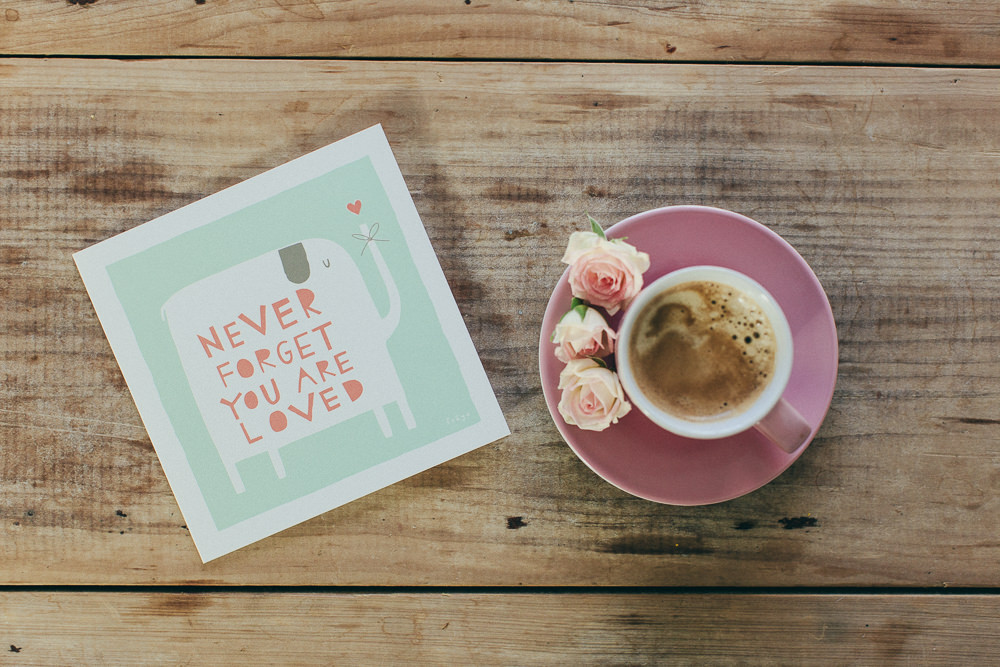
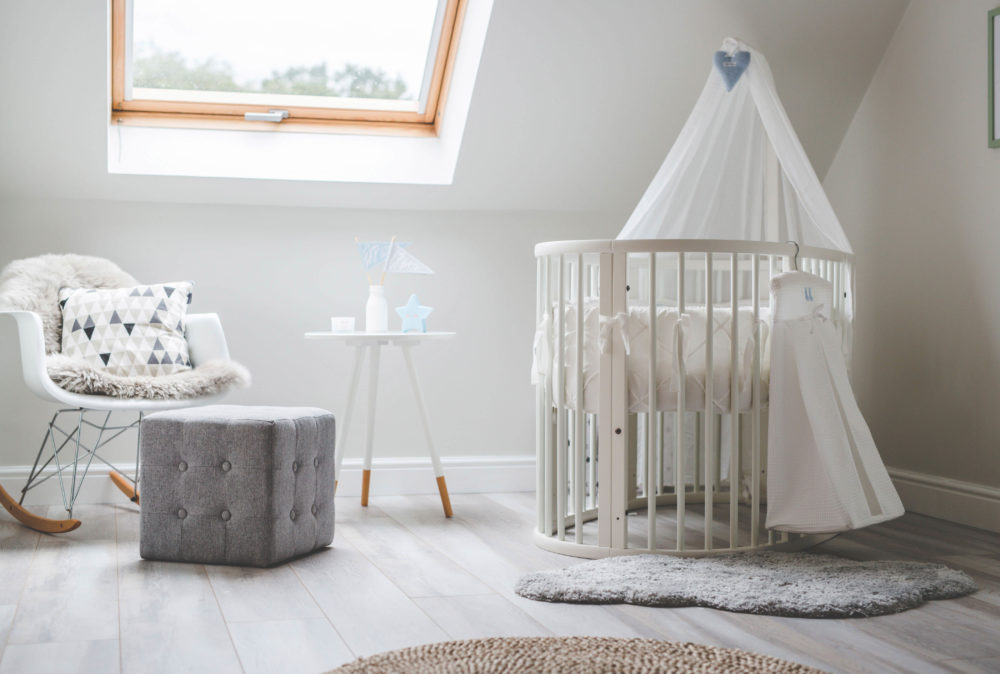
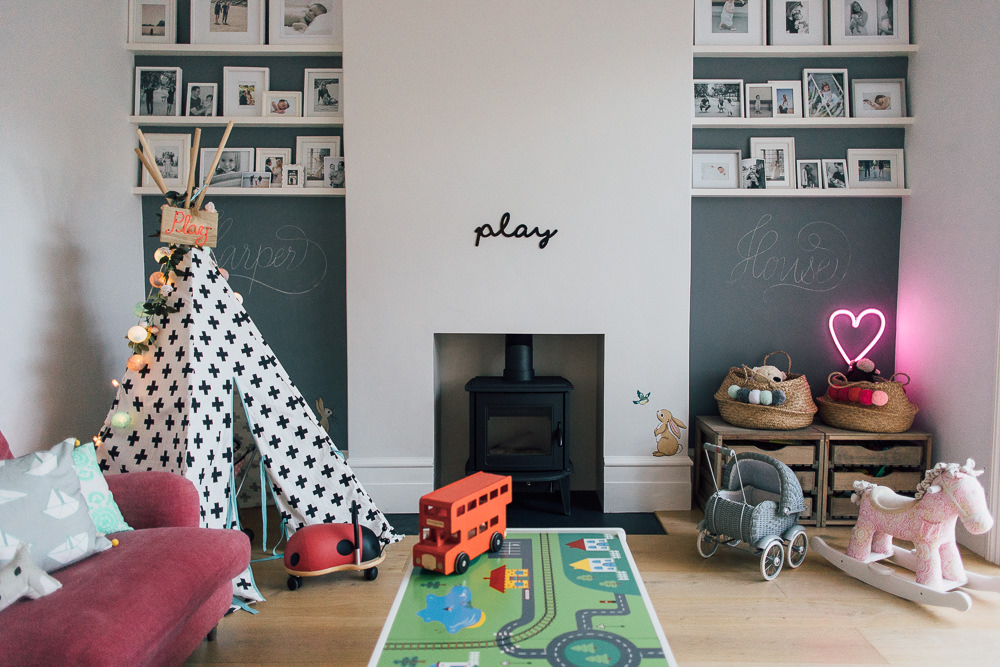

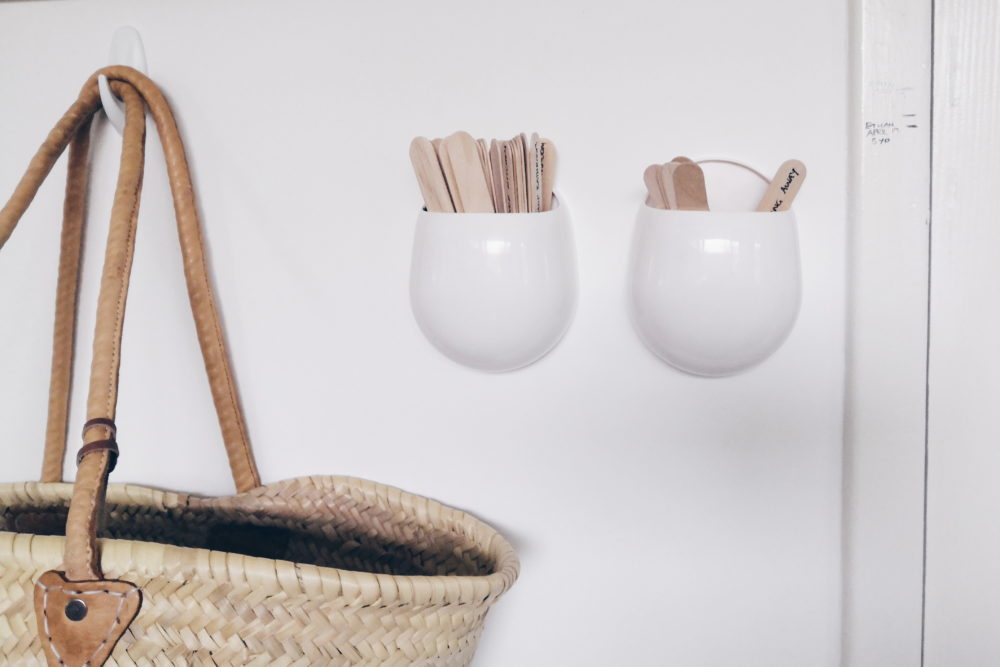
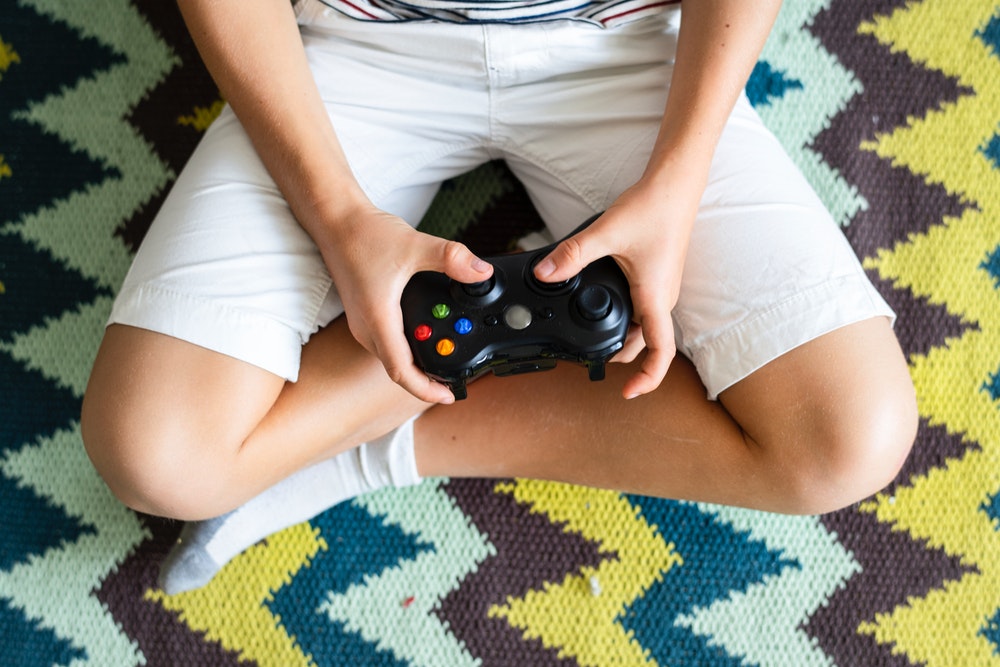
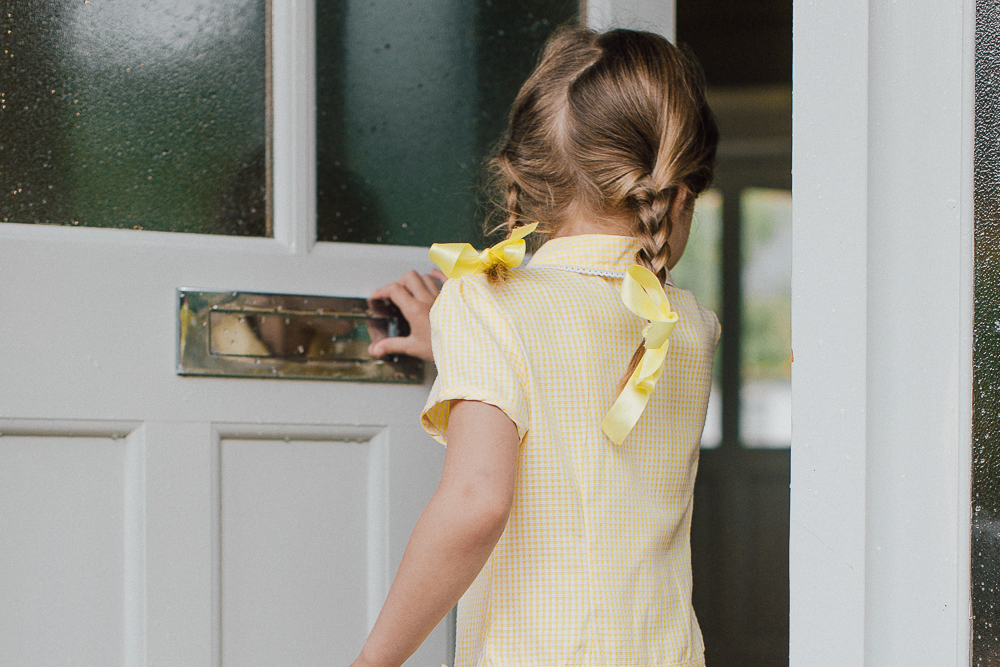
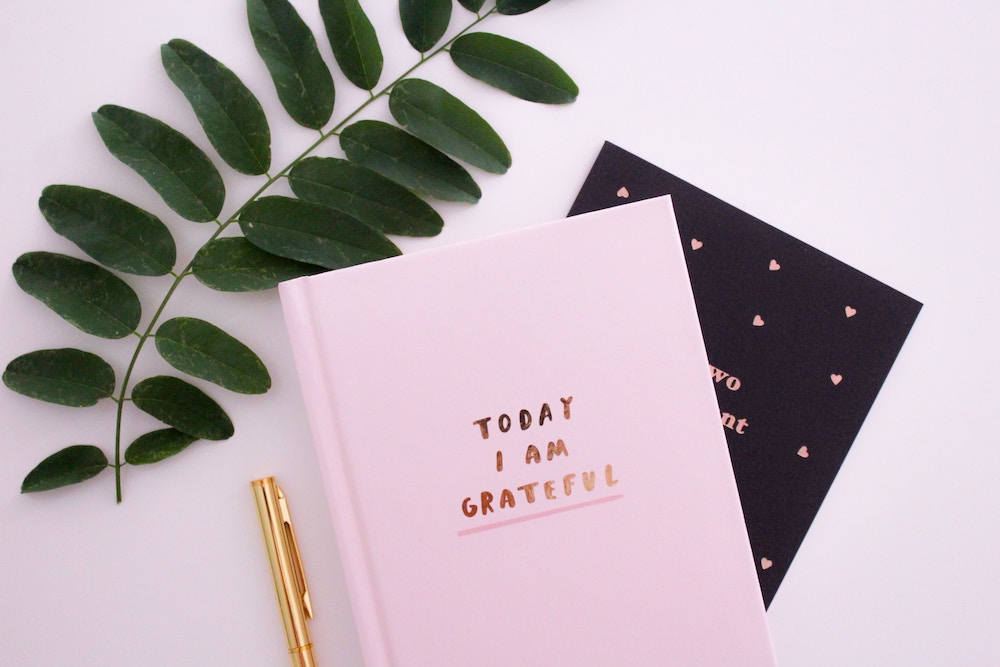
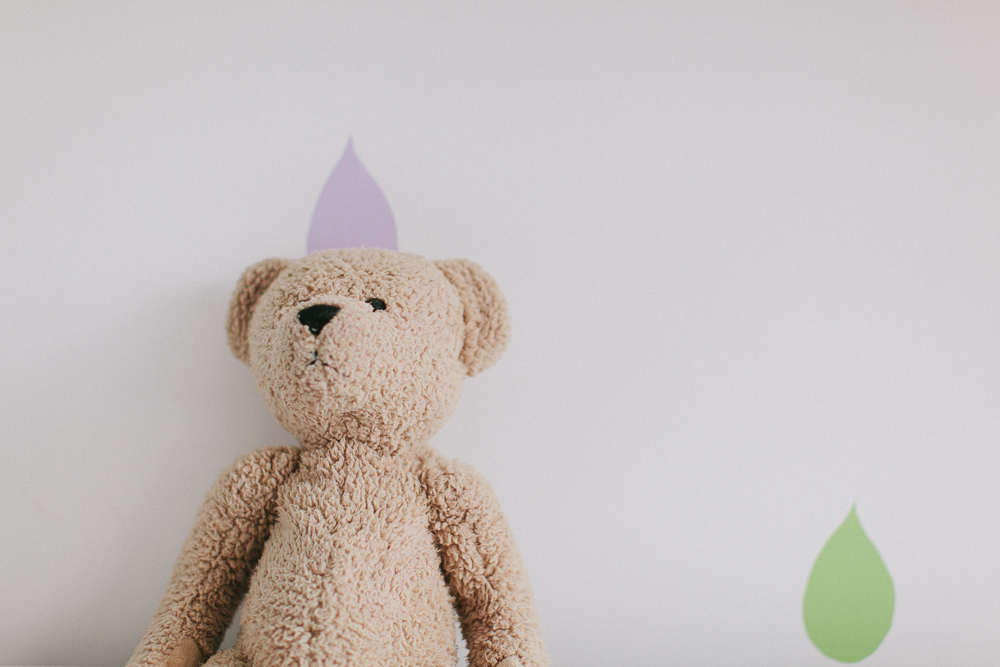

“the world is a big place- not everyone looks like you and me”
I shall remember that one! My children are always catching me out with awkward questions in public and when caught off guard it’s not always easy to come up with a good answer!
Ah tell me about it! My eldest went through a phase of pointing at people when he still hadn’t learnt his pronouns so we got a lot of ‘what’s that mummy’ when meeting new people!
Great blog post, thank you! I am very conscious of what I say around my children but we are of course all guilty of making flippant comments about feeling a bit fat, cutting down on cake, or other image-based chat, whatever it may be. Talking about people being different is something I’m trying to work on at the moment, but you are right – toddlers always seem to ask the most inappropriate questions at the worst times!!! My current delight is my daughter talking about her white tummy and comparing it to her nanny’s brown tummy like Miffy and Melanie :/ but I guess she is at least aware?!
Its impossible to filter everything we say isn’t it?! Their innocence is just priceless sometimes, I really think if we can instil in children from a young age that difference is something to be appreciated and valued the world may be a little nicer for it 🙂